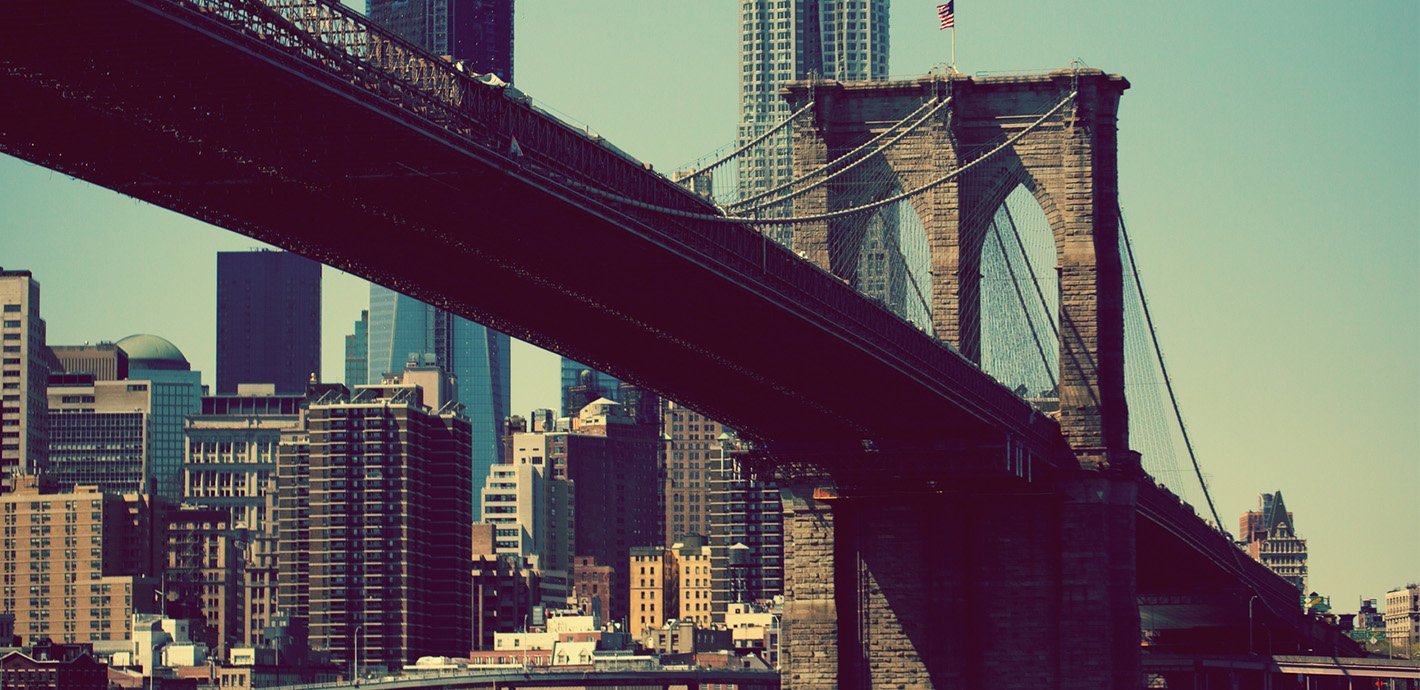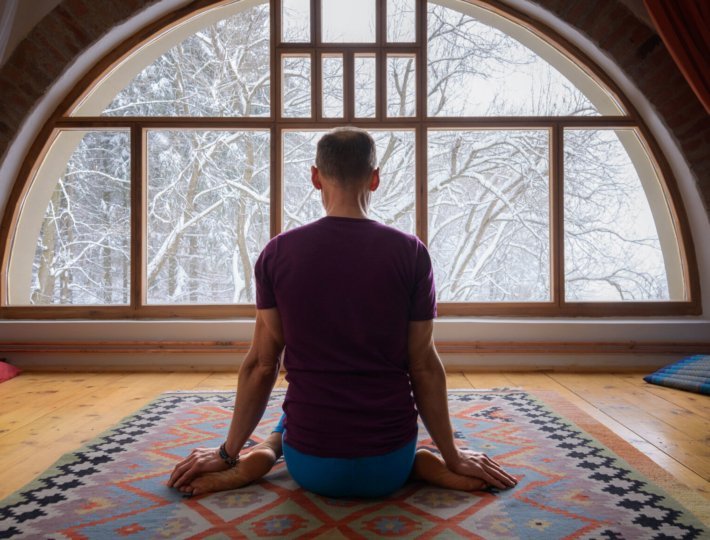They tell you your 20s are for finding yourself. They, westerners with a certain amount of privilege, say the decade in your 20s is enough time to make all of your best mistakes. Your 20s are for dancing wildly into the night. They’re for quitting jobs, dating hairy jerks, and falling on your face. This delayed adolescence results in deeper knowing. Your 20s are a secular Rumspringa. On your 30th birthday, you’ll awake and know yourself. You’ll be better. You’ll be clearer. You’ll have figured things out. No one tells you there’s always something left to fix.
No one tells you you’re basically the same.
I’m 30 years old, unmarried, and unattached. I’m on the D train, crossing the Manhattan Bridge. I’m exiting Manhattan, my back is facing Brooklyn, but I’m suspended on the bridge due to train traffic ahead. The Lower East Side is on display. Just shy of the river there is a tangled mess of buildings, all jostling for prominence among the crowd. From my place on the bridge, I see people in their homes. I spy a woman folding sheets, pressing the linen against her body as if this cloth was made of gold. She holds the sheet against herself as if her insides might fall out.
For some reason, I fight the urge to cry.
My theory is that we’re all just trying to keep it together. We duct tape our personal pain, put concealer on our fears, and turn a blind eye toward the suffering around us. This is how we move through the world. We weave around strangers, careful not to get too close. We try to remain stalwart in the face of things that scare us. We avoid eye contact and we’re careful not to touch. Many of us smile just enough to keep from seeming rude. We sit on trains, shoulder to shoulder, never saying a word, never knowing how deeply we’re connected.
At any given moment, people are making love—their bodies tangled in passion that might look like aggression. Others might be watching their opportunity go by. People are being wheeled into and out of surgery. A resident intern is learning how to deal with death. There are women giving birth, while others are mourning lost loved ones. Someone is preparing to go to war, while somewhere else, someone else is having the best day of her life. We all have this moment in common. We’re all inhabitants of the same space. Somewhere people are touching hands and feeling sparks for the first time. It’s both night and day depending on where your feet are planted. Everything that can possibly happen is happening right now, and, incredibly, we are all surviving. We don’t always have to be happy about that fact. Sometimes surviving is magical enough.
“To be fully alive, fully human and completely awake is to be continually thrown out of the nest. To live fully is to always be in no-man’s-land, to experience each moment as completely new and fresh. To live is to be willing to die over and over again.”
In these moments when I’m smacked by my own emotions, I’m reminded of a quote by Pema Chodron, “To be fully alive, fully human and completely awake is to be continually thrown out of the nest. To live fully is to always be in no-man’s-land, to experience each moment as completely new and fresh. To live is to be willing to die over and over again.” What would it mean to step forward into our own pain? What would it mean to be broken?
I’m perpetually split open by the expansiveness of life, but no one ever told me it was okay to be broken. No one told me that sometimes crying is the best way to proceed. No one gives us permission to keep asking big questions: How can we move closer to one another in a world that moves so fast? Centrifugal force can make hermits of us all. They don’t tell us the biggest truth: If we’re not broken open by all the beauty and pain that surrounds us, we’re probably not living most fully.
There will always be a reason to stop and catch your breath. There is always something of which to be in awe. If no one has told you, allow me to be the first: it’s okay to be present with what’s broken in your life. It’s okay to breathe into what you’d rather avoid. It’s okay to befriend the unpleasantness. You’re not the only person who’s felt hurt. It’s okay to not know exactly where you’re headed next. It’s okay to be so unhappy that you can’t get out of bed. You’re not alone. Let these words curl up beside you and help you cope. It’s okay to feel stagnant, to know where you’d like to go, but deeply question your next move. We all get where we’re going in due time. It’s okay to sometimes feel trapped by the life you’ve made; even if it’s a life you love. It’s okay to avoid old friends because you can’t tell them the truth—that your life isn’t as perfect as Facebook posts make it seem. None of us have easy solutions. We are all nursing some form of our own brokenness.
We’re all simply wounded healers, doing the best we can.
A few months into my third decade of life, I’m still broken. I’m still wounded from my 20s, and tender from my teens, and I don’t yet know who I’m meant to be. I still don’t know how to love most effectively. I haven’t mastered letting go, being Zen, or the urge to bite my nails when I’m stressed. I’m not vegan, my Chaturanga sucks, and I still think about my ex before I fall asleep. But as I live and breathe, I am worthy. As I blink and inhale deeply, I know that I’m okay because humanity is the condition of being perpetually imperfect, broken, or breakable—another way of saying to be cherished and handled with care.











Comments (19)